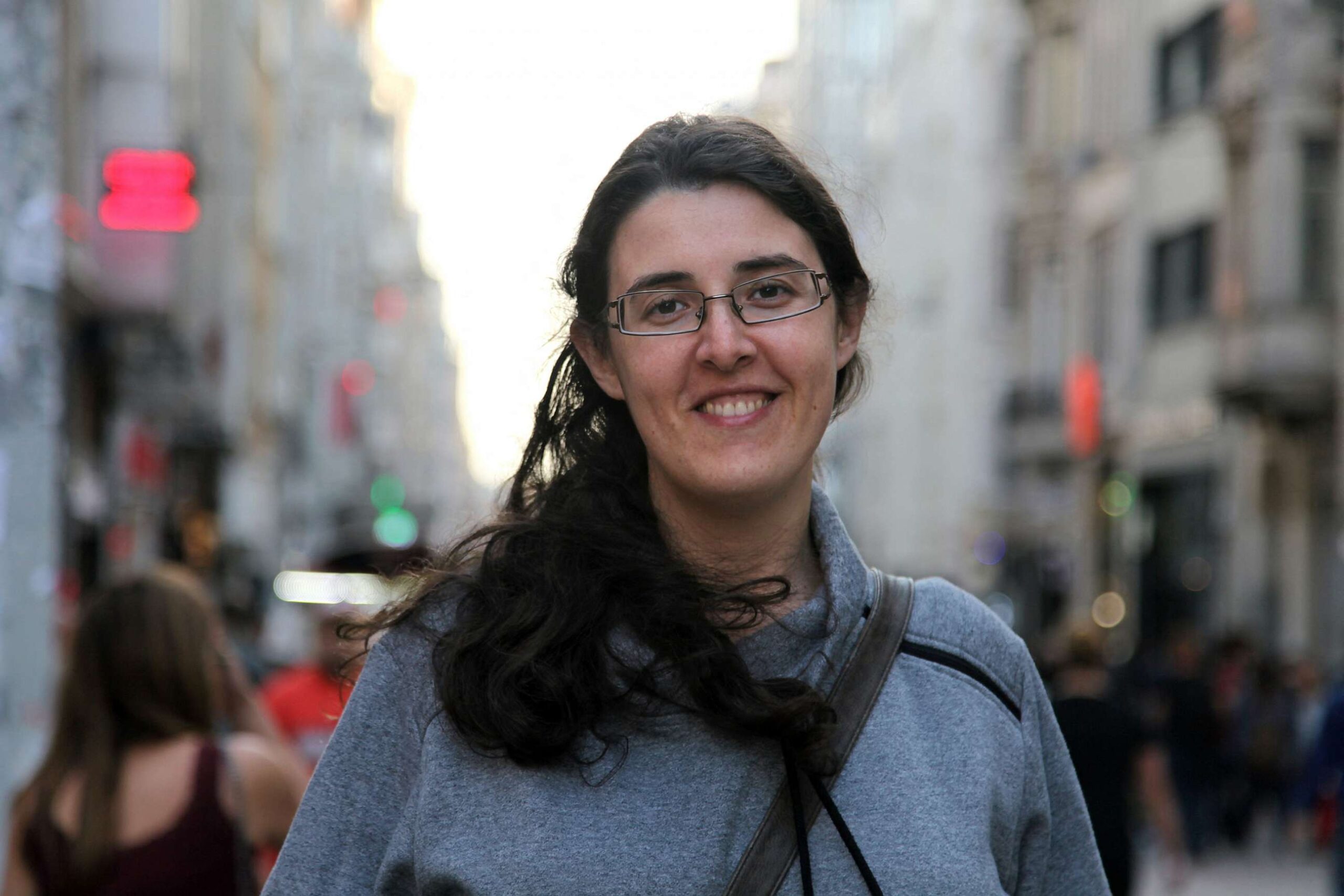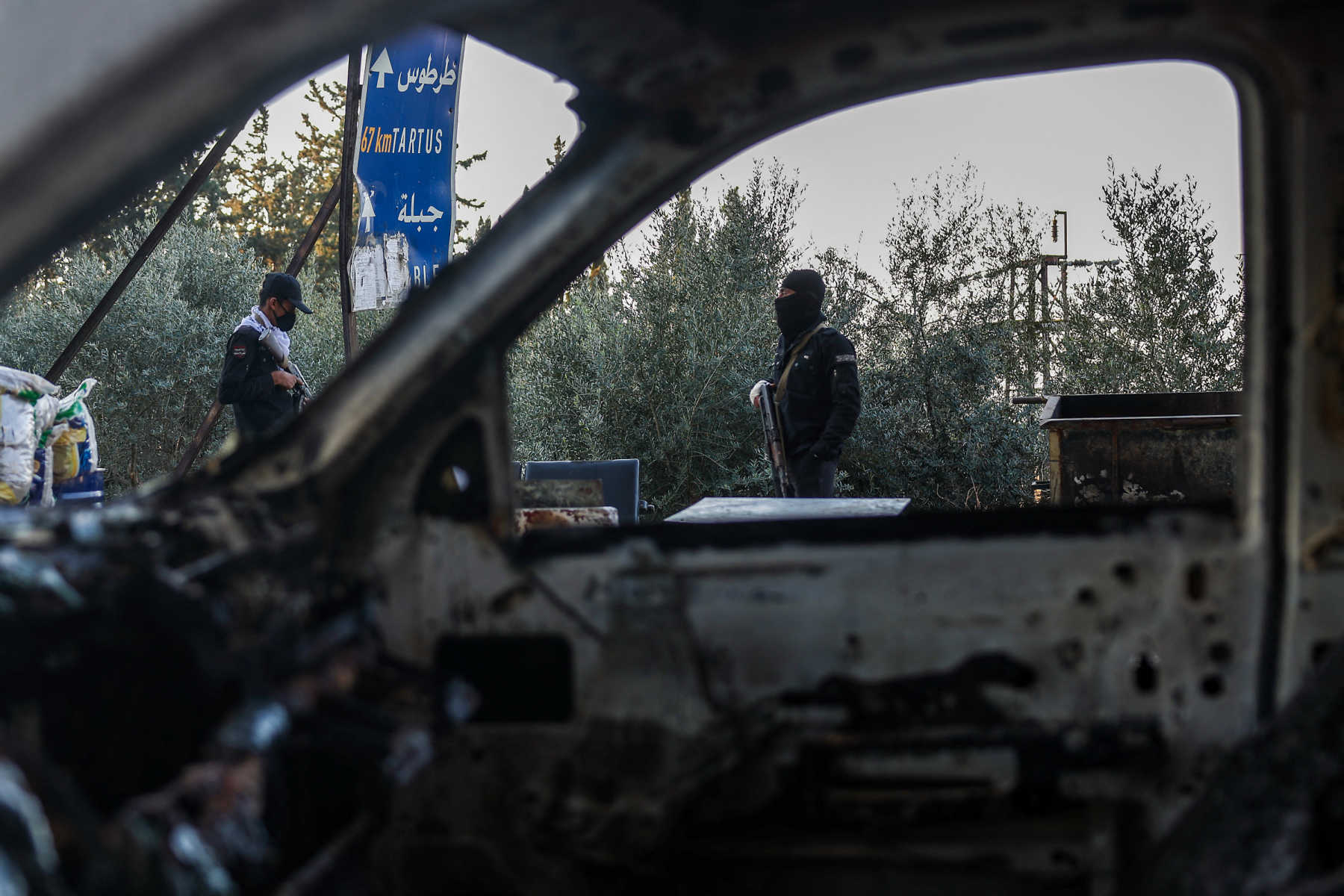Ronald Suresh Roberts, Senior Research Fellow at the Thabo Mbeki Foundation in Johannesburg.
Israel's recent admission to observer status at the African Union prompted a strong backlash from several African countries. African leaders and civil society groups objected both to Israel gaining observer status and to the nontransparent and highly questionable way that it achieved this diplomatic outcome. But while Israel celebrated this win, a deeper assessment suggests that Israeli diplomatic power is waning and that this possibly short-lived victory reveals more weakness than strength for Israeli's once-vaunted soft power.
On July 23, Israel announced that it had gained observer status at the African Union, a surprising development based on a seemingly unilateral decision by the chairperson of the AU Commission, Moussa Faki Mahamat, a former prime minister of Chad. Several African countries swiftly denounced the decision. South Africa called the move "shocking" and said it was "appalled." It also said the AU Commission did not consult the AU's 55 member states before acting. Algeria has called for removing Israel's observer status; at least 14 African states support this effort.
Israel held observer status at the Organization of African Unity, the precursor to the AU until 2002. Over the past two decades, African leaders have consistently rejected Israeli attempts to gain observer status at the AU. The AU Commission's decision is even more confounding as Faki strongly condemned Israel in May during the violent clashes over evictions of Palestinians in East Jerusalem and the war between Israel and Hamas in Gaza, stating that Israeli forces were acting "in stark violation of international law." The war in Gaza claimed the lives of 260 Palestinians, including 129 civilians, as well as 10 Israelis and three foreign residents living in Israel.
Hot takes on Israel's African Union observer status have tended to highlight the "How could this even happen?" side of the ledger. These questions have quickly isolated Faki, with one South African opposition group already calling for his dismissal.
Yet this call in turn provokes a second, less hot but more interesting question: Why did Israel attempt such a desperate move in the first place, with all the urgency of a perceived but only half-disclosed endgame? Whether or not Faki survives this controversy, Israel's dependency on the personal fate of a single official at the AU is atypical of Israeli statecraft and therefore unusually interesting.
This is, after all, the country known to swagger and mobilize wheels within wheels when it matters, as U.S. President Barack Obama experienced over the ill-fated nuclear deal with Iran. But suddenly, this same country's AU strategy hinges upon the singular and easily isolated Faki, who is quickly mired in a precarious standoff against restive AU member states outraged by his seemingly personal diplomacy with Israel. Something has shifted.
Israel's AU observer status debacle may turn out to be the African edition of a global rebalancing of Israel's soft power accounts since its unusually discrediting war in Gaza earlier this year. While the violence was not unprecedented, the convulsive global revulsion certainly was, especially among Israel's friends and allies. The situation at the AU, in this sense, may confirm Israel's worst fears for its erstwhile influence in Africa, following Israel's recently intensified evictions in Jerusalem, generalized anti-Arab pogroms across the country, and outright war crimes. These actions have turned the hearts and minds of Israel's own supporters against it as never before. The backlash over its observer status at the AU, with impulsive strength promptly recast as structural weakness, is at once an accounting and a dramatization of these costs. For Israel, it looks like diplomatic desperation.
Contrast this impulsive move with Israel's legendary patience and dogged, colonizing incrementalism in the occupied West Bank and Jerusalem, moving one acre at a time, that has steadily expanded favorable "facts on the ground" and embedded beneficial political and media framings.
How different is Israel's AU observer status diplomacy in 2021 from its infinitely more patient approach in 2016, which was far more enervating for Israel's critics? In 2016, then-Prime Minister Benjamin Netanyahu seemed to successfully leverage and expand Ethiopia's considered commitment to Israel's AU observer status, working a sturdy relationship that Israel has tended since the 1980s.
Diplomacy and controversy are in this sense opposites, not least in their attendant time frames. Whether and when Israel formally steps down from this ill-fated AU observer status venture is already beside the main point, which is the very fact of the controversy. That is, in itself, the real news. While the controversy lasts, so too does the golden opportunity for continental mobilization against Israeli abuses of Palestinians.
By staying on at the AU, Israel can only serve as a foil for the Boycott, Divestment and Sanctions movement, or BDS, to fight on what must be, structurally, the world's most BDS-friendly terrain. Israel's friends on the continent are demonstrably immobilized. South Africa's Cyril Ramaphosa, while certainly never an outright ally of Israel, is as close as any president from the African National Congress could possibly be. He is scarcely among the leading articulators of the ANC's anti-imperialist core. Among Ramaphosa's major backers for the South African presidency is Stephen Koseff, founder of Investec, the bank that in 1996 acquired a controlling interest in Israel General Bank Limited (IGB), then the eighth-largest bank in Israel.
At the time, Investec stated, "The acquisition is motivated by a desire to cement the already strong relationship between South Africa and Israel and to develop some of the obvious synergies between the two countries." It paradoxically signals Israeli diplomatic weakness, not strength, that in 2021 even so tepid a critic of Israel and of imperialism as Ramaphosa feels compelled to come out so early and so forcefully with his "deep concern" about Israel's status as an observer at the AU, as he personally phrased it.
The larger takeaway is the attrition of decades-old Israeli blandishments and graft, which historically proved very powerful across Africa. (V.S. Naipaul's 1971 novel, In a Free State, depicts this scenario, as Israeli soldiers prop up a "big man" who is clearly a stand-in for Idi Amin in Uganda). By the mid-1970s, Goodwill Ambassadors and intellectuals like Saul Bellow could visit Israel and return to beguile the West.
But by 2000, such visits themselves generated counterproductive controversy, like Susan Sontag's contested Jerusalem Prize visit in 2001, when she directly criticized Israel's occupation and the suffering of Palestinians. Until recently, however, such shadowy business figures as Beny Steinmetz and Lev Leviev could, like Koseff, coax and influence African leaders to play nicely. (Angola's diamond trading entanglements with Steinmetz in particular were showcased by the corrupt Dos Santos regime as a poke in the eye for apartheid-colonial De Beers).
If the Sontag controversy marked the twilight of the cultural purchase of Israeli power, this current standoff over Israel's AU observer status marks Israel's failure to follow the example of another country, China, in converting economic support into diplomatic respectability. China is less a passive observer and much more a participant across Africa, especially economically, so the strange modesty of Israel's ambition—merely seeking AU observer status—looks like another marker of Israel's diplomatic weakness.
Compare the many years that South Africa's ANC sought and won observer status as a stateless liberation movement seeking to oust an apartheid regime, a status that Palestine today occupies at the United Nations. Israel craved that same observer status the AU, yet it is a state, not a stateless entity.
Or consider Israel's Bantustan strategy in the West Bank. Apartheid South Africa always had corrupt black allies across the African continent, and it constructed its Bantustans at home as a kind of Potemkin decolonization, which was laughed off as a sham in informed circles and abroad. But they also became far more of a legitimate concern to the authorities inside the country than the Palestine Liberation Organization could ever make of the post-Oslo "Palestinian Bantustans," to use Edward Said's term for the delimited terrain of the Palestinian Authority.
While Hamas displaced the PLO and outgrew its original status as a Muslim Brotherhood faction divisively propped up by Israel in the 1980s, when Israel's main concern was Yasser Arafat's Fatah party, the ANC had to deal with and co-opt key Bantustan figures, like Stella Sigcau and Bantu Holomisa, because they brought in genuine organic constituencies, poised between Bantustan and African pre-colonial identities.
South Africa's wealthiest new black oligarch, Patrice Motsepe, whose sister is President Ramaphosa's wife, started out as a Bantustan shop owner during apartheid and has faulted the current South African government for what he saw as the governing premise that the Bantustans were all bad.
At the World Economic Forum in January 2020, expressing precisely the kinds of venal respectability stunts that Israel is shopping around for, Motsepe told then-President Donald Trump, "Africa loves you." What the pushback over Israel's observers status at the AU fortunately demonstrates is that this reputational laundering may still be too much of an ask.
Editor's note: This article has been updated and revised for clarity.
![]()

















![Security forces loyal to the interim Syrian government stand guard at a checkpoint previously held by supporters of deposed president Bashar al-Assad, in the town of Hmeimim, in the coastal province of Latakia, on March 11, 2025. Syria's new authorities announced on March 10, the end of an operation against loyalists of deposed president Bashar al-Assad, after a war monitor reported more than 1,000 civilians killed in the worst violence since his overthrow. The Syrian Observatory for Human Rights said the overwhelming majority of the 1,068 civilians killed since March 6, were members of the Alawite minority who were executed by the security forces or allied groups. (Photo by OMAR HAJ KADOUR / AFP) / “The erroneous mention[s] appearing in the metadata of this photo by OMAR HAJ KADOUR has been modified in AFP systems in the following manner: [Hmeimim] instead of [Ayn Shiqaq]. Please immediately remove the erroneous mention[s] from all your online services and delete it (them) from your servers. If you have been authorized by AFP to distribute it (them) to third parties, please ensure that the same actions are carried out by them. Failure to promptly comply with these instructions will entail liability on your part for any continued or post notification usage. Therefore we thank you very much for all your attention and prompt action. We are sorry for the inconvenience this notification may cause and remain at your disposal for any further information you may require.”](https://dawnmena.org/wp-content/uploads/2025/04/syria-22039885951-350x250.jpg)












![Security forces loyal to the interim Syrian government stand guard at a checkpoint previously held by supporters of deposed president Bashar al-Assad, in the town of Hmeimim, in the coastal province of Latakia, on March 11, 2025. Syria's new authorities announced on March 10, the end of an operation against loyalists of deposed president Bashar al-Assad, after a war monitor reported more than 1,000 civilians killed in the worst violence since his overthrow. The Syrian Observatory for Human Rights said the overwhelming majority of the 1,068 civilians killed since March 6, were members of the Alawite minority who were executed by the security forces or allied groups. (Photo by OMAR HAJ KADOUR / AFP) / “The erroneous mention[s] appearing in the metadata of this photo by OMAR HAJ KADOUR has been modified in AFP systems in the following manner: [Hmeimim] instead of [Ayn Shiqaq]. Please immediately remove the erroneous mention[s] from all your online services and delete it (them) from your servers. If you have been authorized by AFP to distribute it (them) to third parties, please ensure that the same actions are carried out by them. Failure to promptly comply with these instructions will entail liability on your part for any continued or post notification usage. Therefore we thank you very much for all your attention and prompt action. We are sorry for the inconvenience this notification may cause and remain at your disposal for any further information you may require.”](https://dawnmena.org/wp-content/uploads/2025/04/syria-22039885951-360x180.jpg)







